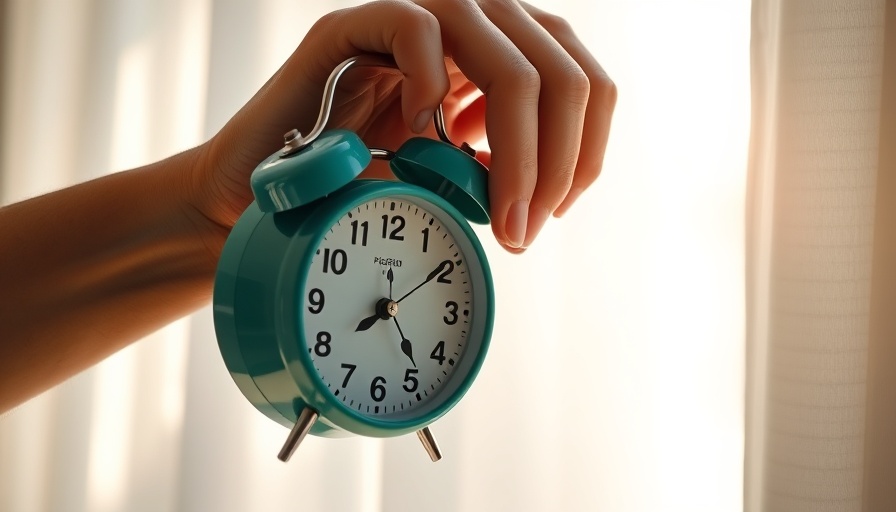
Unlocking the Secret: The Fascinating Concept of Biological Age
Imagine knowing that your body is functioning more like that of a 21-year-old, even if your chronological age says otherwise. This is the captivating idea behind biological age, a measure that assesses how our body ages internally, allowing us to gauge our overall health rather than simply counting years. While processes like cellular aging are inevitable, recent findings highlight how our lifestyle habits can drastically influence our biological clock.
What Sets Biological Age Apart from Chronological Age?
Chronological age is straightforward—the number of years you’ve lived. In stark contrast, biological age reflects the health and functional capacity of your body’s cells. A lower biological age indicates better cellular health and potential longevity. Understanding this difference empowers individuals to take charge of their health through informed lifestyle choices.
Testing Your Biological Age: Why It Matters
Measuring biological age typically involves advanced tests like DNA methylation analysis, a complex yet highly informative procedure. However, more accessible methods also provide valuable insights. For instance, recent tests analyze various biomarkers through simple blood draws, giving a snapshot of health from factors such as liver function, inflammation levels, and more. These tests can guide personal health strategies moving forward.
Key Biomarkers That Influence Biological Age
The testing I explored involved nine vital biomarkers that offer a holistic view of biological aging. These include:
- Albumin: This liver-produced protein assists in nutrient transport and fluid balance, and it’s paramount for cellular health. Maintaining adequate protein intake and hydration can support healthy albumin levels.
- Creatinine: This marker provides insights into kidney function and can be affected by hydration and toxin exposure. Staying hydrated while reducing toxin load can help manage creatinine levels.
- Blood Sugar: Blood glucose regulation is crucial, as high levels can speed up aging processes. Implementing a balanced diet is key to maintaining blood sugar levels within a healthy range.
How Lifestyle Habits Impact Your Biological Age
Numerous daily habits contribute to a lower biological age. Staying active, eating nourishing meals, and minimizing exposure to environmental toxins are fantastic starting points. Regularly incorporating exercise, proper hydration, and even wellness practices like sauna sessions can have significant benefits.
Common Misconceptions About Aging
One significant misunderstanding is that aging is simply a function of time. While time naturally influences aging, the notion that biological age is immutable is outdated. With informed lifestyle choices, anyone can work towards a more youthful biological age. This reinforces the importance of looking at aging not merely as a number but as a dynamic process one can influence.
Empower Your Health Journey Today
Understanding biological age can be an empowering part of health optimization. By taking steps today to enhance cellular health, you not only improve how you feel now but also how you will age in the future. Feeling energized and youthful isn't just a dream; it's a possibility within reach for anyone willing to make small, sustainable changes.
Embrace your health journey holistically and proactively. The power to influence your biological age rests in your hands, resting on the choices you make each day. So why not seize that power?
 Add Row
Add Row  Add
Add 




Write A Comment